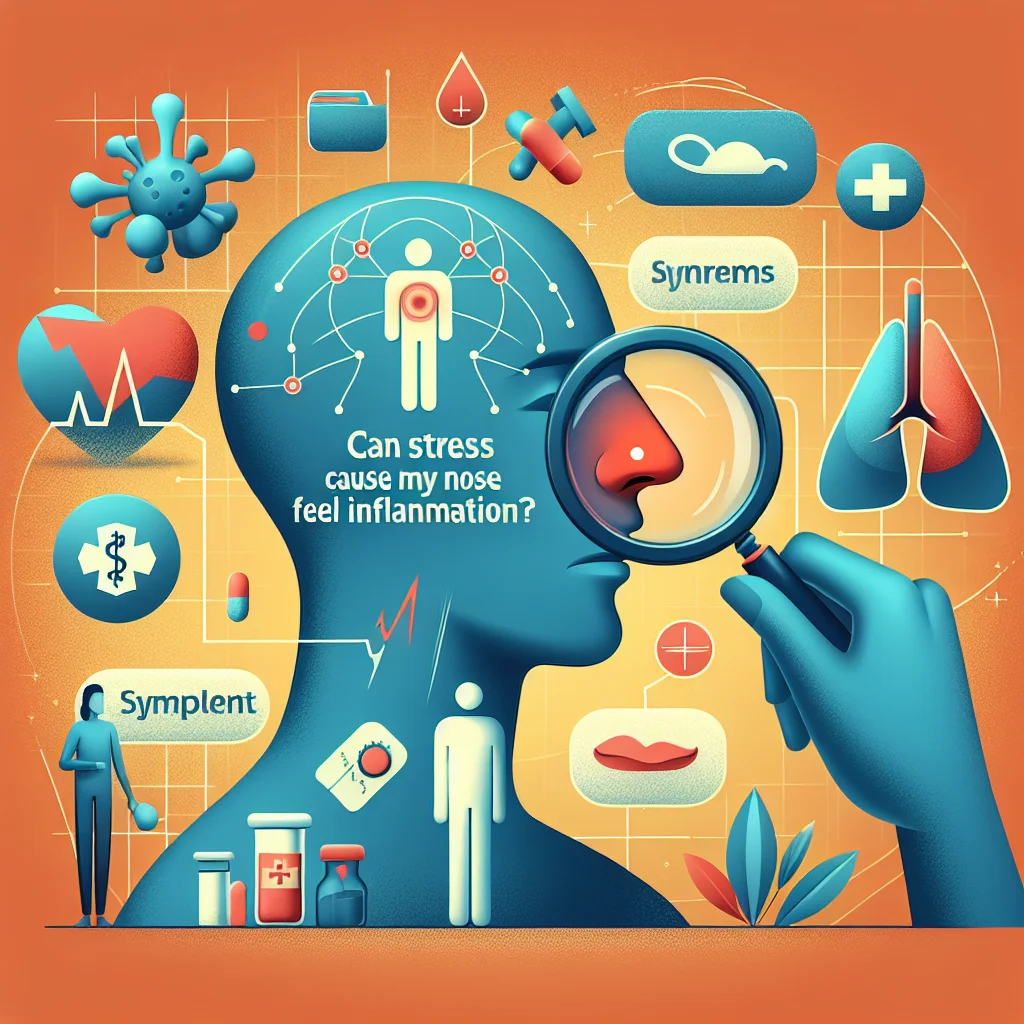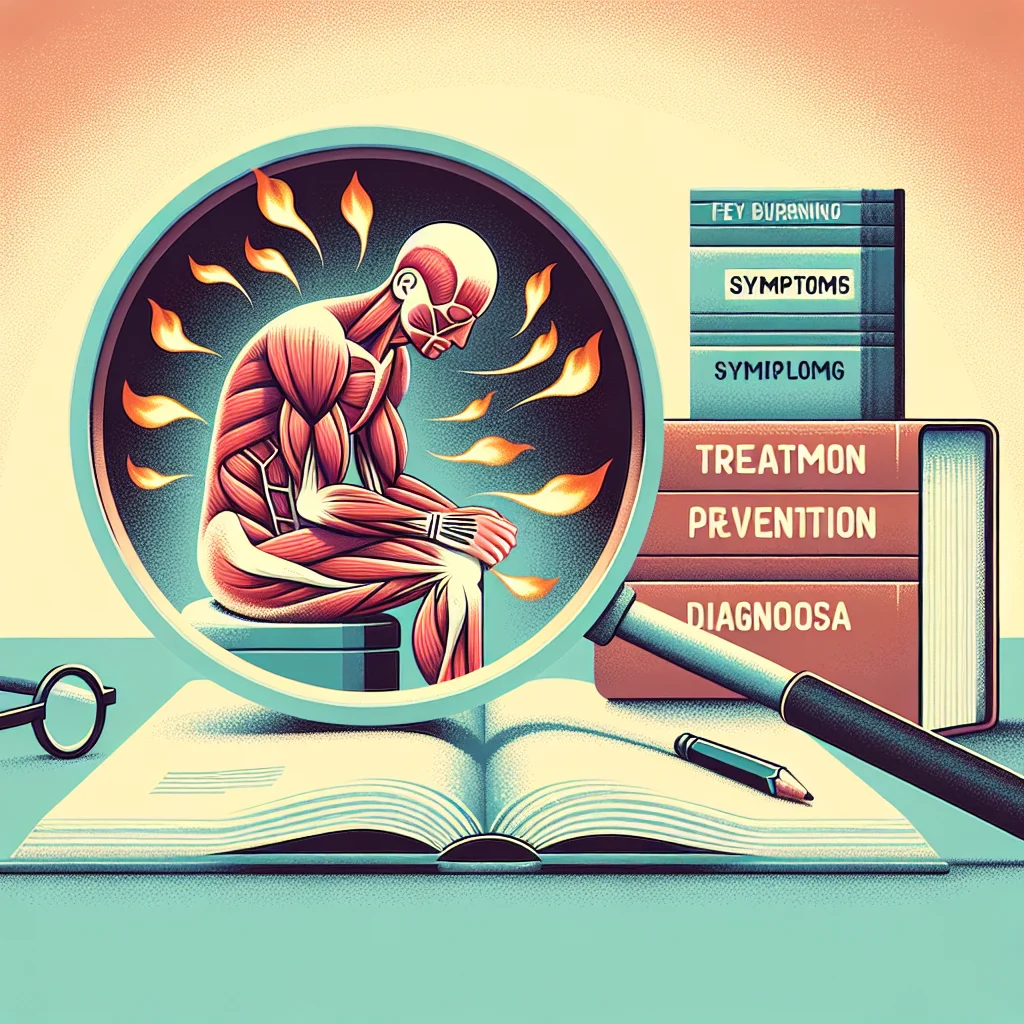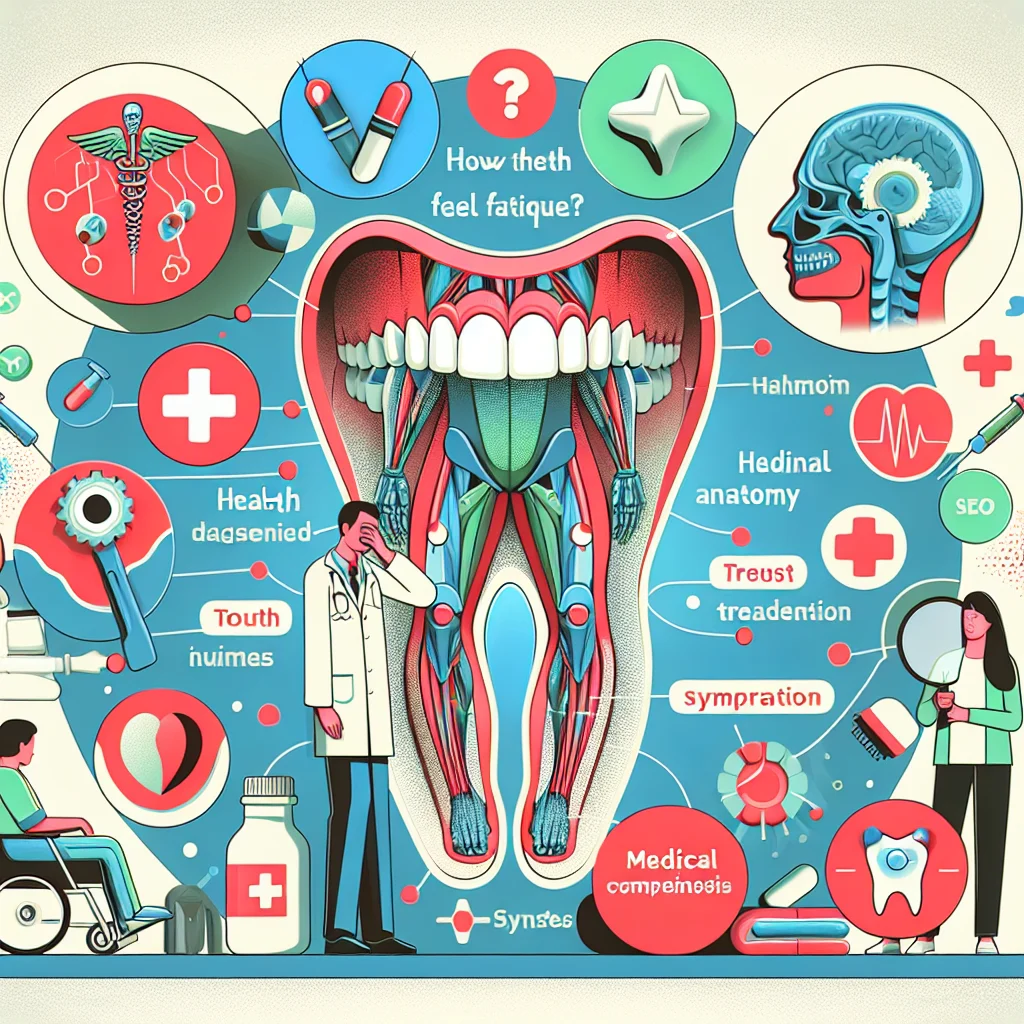
Possible Causes and Medical Insights
Tingling sensations in the legs, also known as paresthesia, can be unsettling but are often linked to a range of underlying causes. Some common reasons include nerve compression, poor circulation, or even staying in the same position for prolonged periods. More serious causes may involve conditions such as diabetes, multiple sclerosis, or vitamin deficiencies. Understanding these possible causes can help you identify the root of your symptoms and seek appropriate medical advice.
Medical experts emphasize that tingling in the legs is often a signal from your body indicating that something may be disrupting normal nerve function. Temporary tingling is usually harmless, but persistent or worsening symptoms may suggest an underlying medical condition. Identifying the cause early can greatly improve treatment outcomes, making it essential to pay attention to any changes in your health or daily routine that may trigger these sensations.
Symptoms and Risk Factors
The primary symptom of leg tingling is a pins-and-needles sensation, which may be accompanied by numbness, weakness, or a burning feeling. People often notice these symptoms after sitting with crossed legs or remaining in one position for too long. However, if tingling persists or spreads, it could be a sign of nerve damage or a circulatory problem that requires medical attention. Monitoring the frequency and duration of tingling episodes can provide valuable clues for diagnosis.
Risk factors for experiencing tingling in the legs include underlying health conditions such as diabetes, high blood pressure, or autoimmune disorders. Lifestyle factors like smoking, excessive alcohol consumption, or a sedentary lifestyle can also increase your risk. If you experience additional symptoms such as pain, muscle weakness, or difficulty walking, it's important to take these signs seriously and consult a healthcare professional for a thorough evaluation.
Diagnosis and When to See a Doctor
Diagnosing the cause of tingling in your legs typically involves a detailed medical history and physical examination. Healthcare providers may order blood tests, nerve conduction studies, or imaging scans to pinpoint the source of your symptoms. Early diagnosis is crucial, especially if tingling is accompanied by other symptoms like severe pain, sudden weakness, or loss of bladder control, as these could indicate a more serious underlying condition.
You should seek medical attention if your tingling symptoms are persistent, worsen over time, or interfere with your daily activities. Immediate medical care is necessary if tingling arises suddenly with symptoms such as paralysis, confusion, or difficulty breathing. Your doctor can recommend the most effective treatment based on the underlying cause, helping you manage symptoms and prevent potential complications.
Prevention and Home Remedies
Preventing tingling in your legs starts with maintaining a healthy lifestyle. Regular physical activity, balanced nutrition, and proper hydration can improve circulation and nerve health, reducing the likelihood of tingling sensations. Ergonomic adjustments at work or home, such as using supportive chairs and taking frequent breaks, can also help alleviate pressure on your nerves.
For mild or occasional tingling, simple home remedies can provide relief. Stretching your legs, massaging the affected area, or applying a warm compress may help restore normal sensation. If you suspect vitamin deficiencies, incorporating foods rich in B vitamins can support nerve function. However, persistent symptoms should not be ignored—always consult a healthcare provider for professional diagnosis and personalized treatment recommendations.














